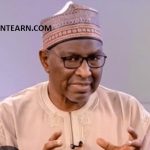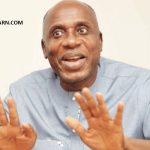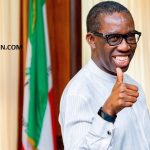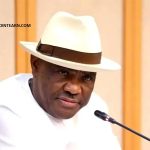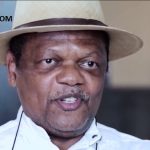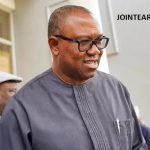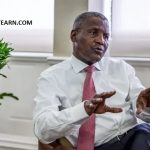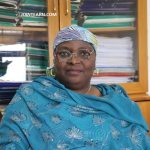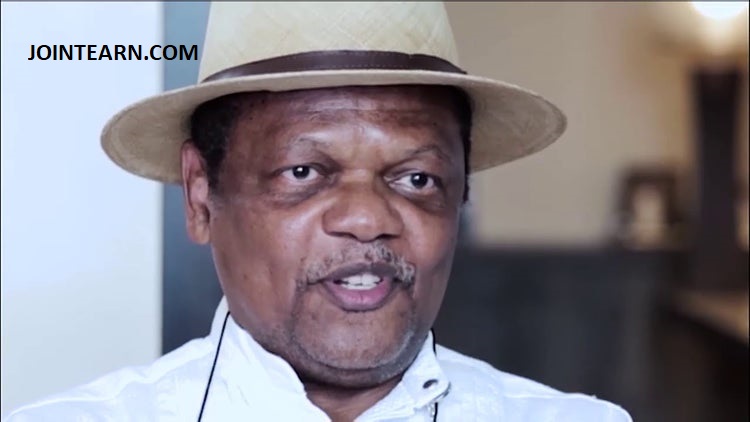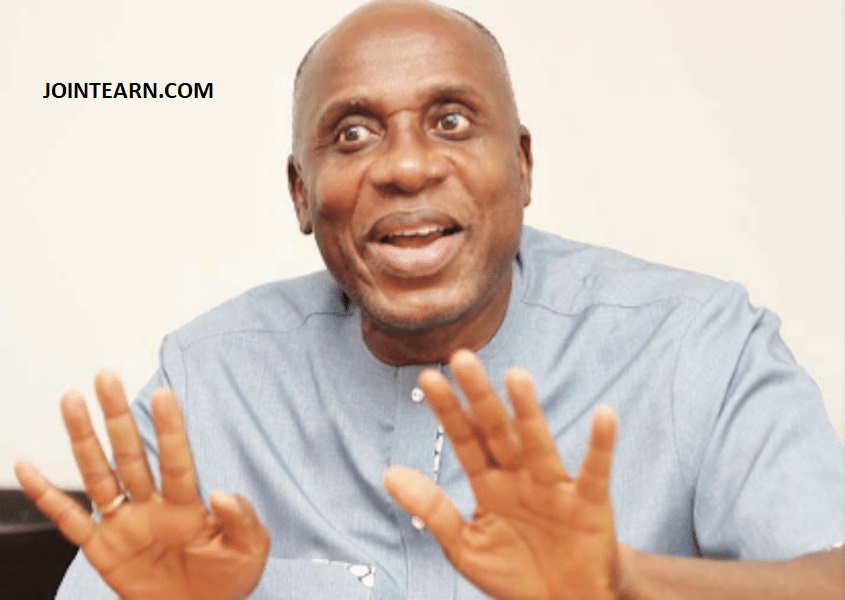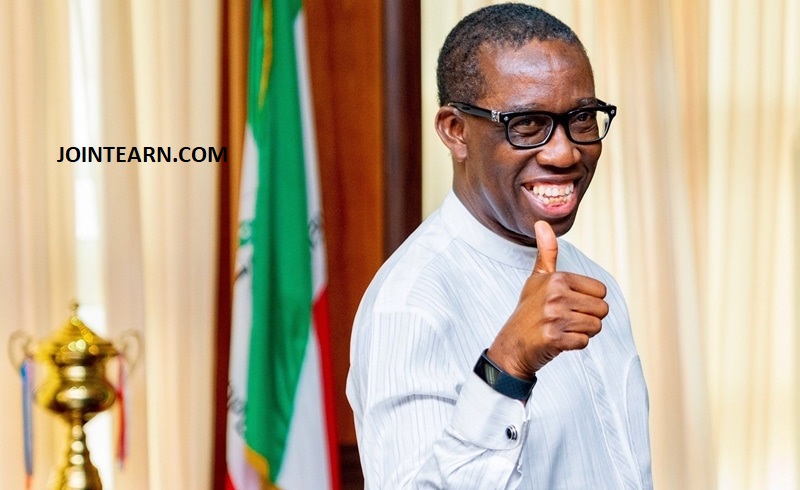A prominent political figure, Dakuku Peterside, has taken a strong stance against the recent appointments made by the Rivers State Governor, Siminalayi Fubara, particularly criticizing the appointment of individuals from neighboring Cross River State. Peterside, who is a former Director-General of the Nigerian Maritime Administration and Safety Agency (NIMASA), voiced his discontent with the growing trend of outsiders being appointed to key positions in the state, which he described as politically insensitive and divisive.
Peterside’s remarks came after news broke of appointments made by the Governor’s administration, including key administrative and political positions that were reportedly filled by individuals from Cross River State, rather than Rivers indigenes. Peterside, a former gubernatorial candidate in the state, expressed concerns that such decisions were undermining local participation and could further inflame existing political tensions within the state.
Political Implications of Cross River Appointments
In a scathing statement released on Wednesday, Peterside argued that the practice of appointing individuals from outside the state to positions within Rivers State’s government was detrimental to local governance. “It is baffling that a man leaves Cross River State to come to Rivers State to appoint people to key positions in our state,” he remarked. He emphasized that such decisions not only disregard the interests of Rivers indigenes but also foster division among the people.
“This is an affront to the people of Rivers State,” Peterside continued. “We need to build our state by empowering our own people—those who know the terrain, understand the challenges, and are invested in the future of Rivers State. Outsiders should not be the ones dictating the future of our people.”
Peterside’s criticism centers on the belief that political positions should be filled by individuals who have a deep understanding of the state’s unique challenges and development needs. He further stated that such appointments could alienate Rivers indigenes, making them feel excluded from critical decisions about their own future.
The Governor’s Administration Under Scrutiny
Governor Siminalayi Fubara, who succeeded Nyesom Wike in May 2023, has faced increasing scrutiny regarding his administration’s direction, particularly as it pertains to inclusivity and local representation. Fubara, who was elected under the platform of the Peoples Democratic Party (PDP), has sought to build a diverse and inclusive cabinet but has now found himself at the center of controversy over the appointments of outsiders, including individuals from neighboring Cross River State.
Peterside, who ran for governor of Rivers State in 2015 under the All Progressives Congress (APC), has frequently positioned himself as a voice for local empowerment and development. His recent comments highlight ongoing concerns that the current administration, which he argues should prioritize local talent, is instead overlooking the capacity of Rivers indigenes to govern their own affairs.
“There are competent and qualified individuals within Rivers State who are capable of driving the state’s development agenda,” Peterside stated. “To ignore them in favor of outsiders is an insult to the people who elected the governor in the first place. If this continues, it risks alienating the citizens and undermining the essence of local democracy.”
Peterside’s Call for Accountability
In his statement, Peterside not only criticized the appointments but also called for greater accountability in the decision-making process within Rivers State. He suggested that the governor should prioritize transparency when making political and administrative appointments. “Governance is about people, and any administration that ignores the voice of the people risks losing their support,” Peterside asserted.
While he did not directly call for a reversal of the appointments, he urged Fubara to engage more with local communities and political stakeholders to ensure that government decisions are more reflective of the interests of Rivers indigenes. He pointed out that political decisions made in isolation from the people often lead to feelings of discontent and disenfranchisement, which could have long-term implications for political stability in the state.
“Rivers State belongs to Rivers people,” Peterside concluded. “We must build a state where the youth, the elderly, and every citizen has a role in shaping our destiny. Appointments should reflect the diversity and aspirations of our people.”
Reactions from Other Stakeholders
Peterside’s comments have sparked a range of reactions from different political stakeholders in Rivers State. Some members of the opposition have backed his criticism, claiming that the appointment of outsiders could be indicative of a larger pattern of exclusion in the state’s political process.
A former member of the Rivers State House of Assembly, who spoke anonymously, stated, “This is not the first time that such an issue has come up in Rivers politics. We’ve seen this before, where elected officials from other states are brought in to take positions in our government, while our people are left behind. This must stop.”
On the other hand, some supporters of Governor Fubara have defended the appointments, arguing that the governor is simply trying to bring in experienced individuals who can help strengthen the state’s governance. A source within the Rivers State Government House, who asked not to be named, stated, “The governor is working with people who have the expertise needed to help transform the state. The appointments are not about excluding Rivers indigenes, but rather about bringing in the best people for the job.”
The Broader Political Picture
As the controversy surrounding the appointments continues to unfold, it also raises questions about the broader political dynamics in Rivers State. Peterside, who remains a strong figure within the opposition APC, has consistently emphasized the importance of local representation and the empowerment of indigenes in governance. His criticisms also serve as part of a larger push for better accountability and inclusion in the political process.
Political observers note that the timing of these comments—less than a year after the gubernatorial elections—suggests that Peterside is positioning himself as a key opposition figure, ready to challenge the ruling PDP in future elections. His criticisms of Governor Fubara’s administration will likely continue to fuel political debates about the direction of Rivers State.
Conclusion
The debate over the appointment of outsiders to key positions in Rivers State is far from over. As Peterside and others continue to voice their concerns about local representation and governance, the governor’s administration will need to balance political inclusivity with the need for effective leadership. Whether these controversies will influence future elections or lead to changes in how the state is governed remains to be seen, but one thing is clear: the political dynamics in Rivers State are shifting, and all eyes will be on how the situation unfolds in the coming months.
